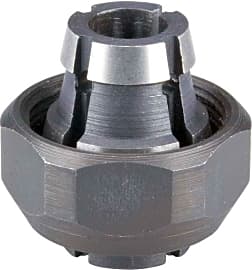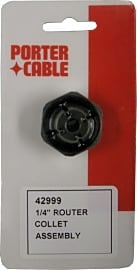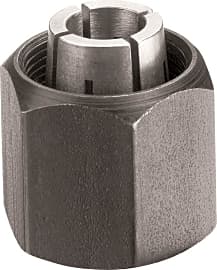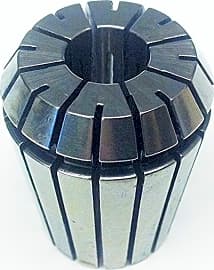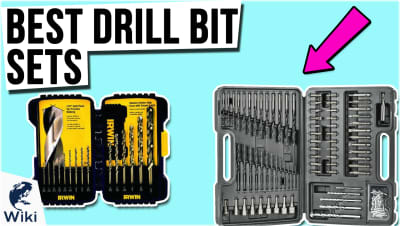The 6 Best Router Collets

This wiki has been updated 26 times since it was first published in July of 2019. Router bits might spin the same way drill bits do, but installing one isn't as simple as slapping a #2 Robertson into your impact driver. These accessories require a specialized steel sleeve, known as a collet, to clamp down on them, acting as a medium between the part's shank and the tool's shaft. Our rankings for this category showcase offerings in several sizes and styles. When users buy our independently chosen editorial picks, we may earn commissions to help fund the Wiki.
Editor's Notes
September 19, 2019:
Routers bits might spin the same way drill bits do, but installing one isn't as simple as slapping a #2 Robertson into your impact driver; these accessories require a specialized steel sleeve, known as a collet, to clamp down on them, acting as a medium between the part's shank and the tool's shaft.
Collet contraction is caused by the tightening of a collet nut, which squeezes the part and causes it to grip down on the inserted bit shank. Never attempt to tighten a collet without a bit inserted, as over-contraction and unwanted deformation may occur. Make sure that you have a properly-sized nut for the collet that you’re ordering. If you don’t have an appropriate nut available, we suggest considering an option such as the Porter-Cable 42999 or the Big Horn 19693, which include an integral collet nut.
The vast majority of router bits come equipped with a 1/4-inch or 1/2-inch shank, and as such these sizes were the focus of our rankings. If by chance you’re looking for a collet to accommodate an uncommon 3/8-inch shank, we recommend the Porter-Cable 42975.
If you’re working with a 1/2-inch router, but you have some 1/4-inch bits at your disposal that you’d like to take advantage of, consider investing in a reducer, such as the Whiteside Machine Company 6400 that can fit inside your existing 1/2-inch collet, enabling it to bite down on slighter shanks.



